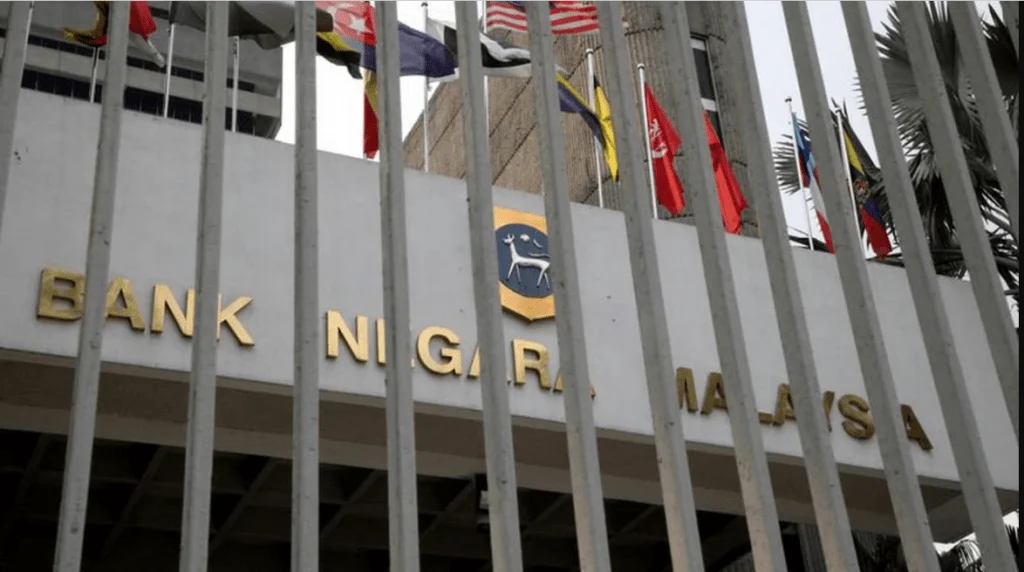In 2021, Malaysia collaborated with South Africa, Australia, and Southeast Asian neighbor Singapore to develop a proof-of-concept CBDC pilot.

Malaysia has joined a growing list of countries looking at the benefits of researching and implementing a central bank digital currency (CBDC).
While a decision on how to proceed with a CBDC has yet to be made, Malaysia’s central bank, Bank Negara Malaysia, told Bloomberg on Jan. 17 that it has concentrated study on a CBDC “through proof-of-concept and experimentation to increase our technological and regulatory capabilities.”
The ostensible purpose for the present study endeavor was to guarantee that it was ready to establish a CBDC program “should the necessity to issue CBDC emerge in the future,” according to the statement.
Malaysia isn’t new to CBDC trials
According to a joint release, Malaysia cooperated with South Africa, Australia, and Southeast Asian neighbor Singapore to build Project Dunbar, a proof-of-concept CBDC pilot.
Project Dunbar demonstrated different possibilities of blockchain-based cross-border transfers using the Corda and Quorum blockchain systems from r3 and ConsenSys, respectively. Its main goal was to show how blockchain technology may “remove the need for middlemen and reduce transaction time and cost.”
A growing number of countries are looking into how a CBDC program may work in their jurisdiction. China is by far the most populous country presently implementing a CBDC pilot program, termed the Digital Yuan, with over 20 million downloads since January 4. During the forthcoming Winter Olympics in Beijing next month, China wants to debut the scheme and allow overseas visitors to use Digital Yuan with their passports.
In March 2021, the Eastern Caribbean Central Bank (ECCB) released their finished CBDC, dubbed the “EC dollar.” Antigua was the last of the ECCB’s eight states to not have accepted the euro as of December 2021. Following the successful pilot program that ended two weeks ago, nearby Jamaica expects to deploy a finished CBDC by Q1 2022.
